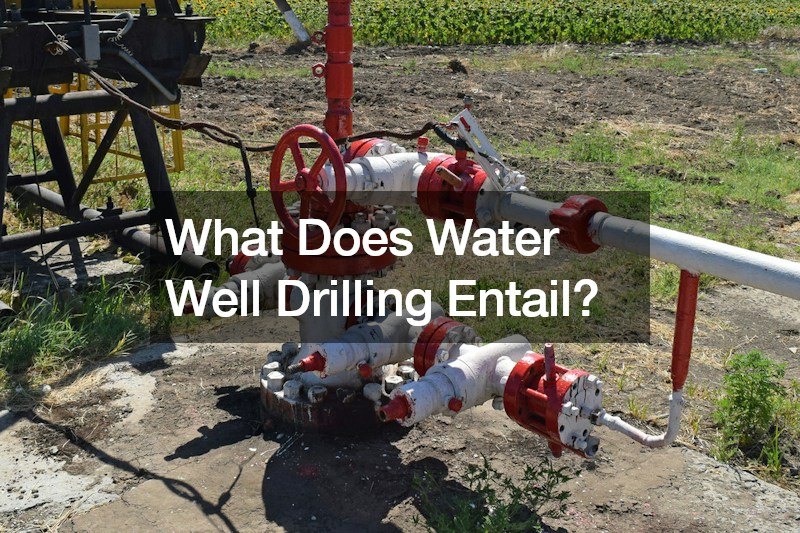Water well drilling is a process that involves creating a borehole in the ground to access groundwater, providing a reliable source of water for residential, agricultural, or industrial purposes. The comprehensive nature of water well services ensures the successful development and sustainability of the well.
The first stage of water well drilling involves site assessment and selection. Professionals offering these services evaluate geological conditions, soil composition, and groundwater availability to determine the optimal location for drilling.
This initial step ensures the well taps into a sustainable and clean water source.
Once the site is chosen, drilling commences using specialized equipment for penetrating the earth and rock formations. The depth and diameter of the well depend on factors such as the water table’s depth and the intended use of the well. During this phase of water well drilling, professionals employ various drilling methods, such as rotary, percussion, or auger drilling, depending on the geological characteristics of the site.
After drilling, the well is lined or cased to prevent collapse and contamination. Professionals offering water well services install casing materials such as steel or PVC to reinforce the well structure and create a protective barrier against potential pollutants. The well is then finished with a cap or seal to prevent surface water from entering and compromising the water quality.
From site selection and drilling to well completion, it creates a durable, efficient, and sustainable water source for various needs.
.

